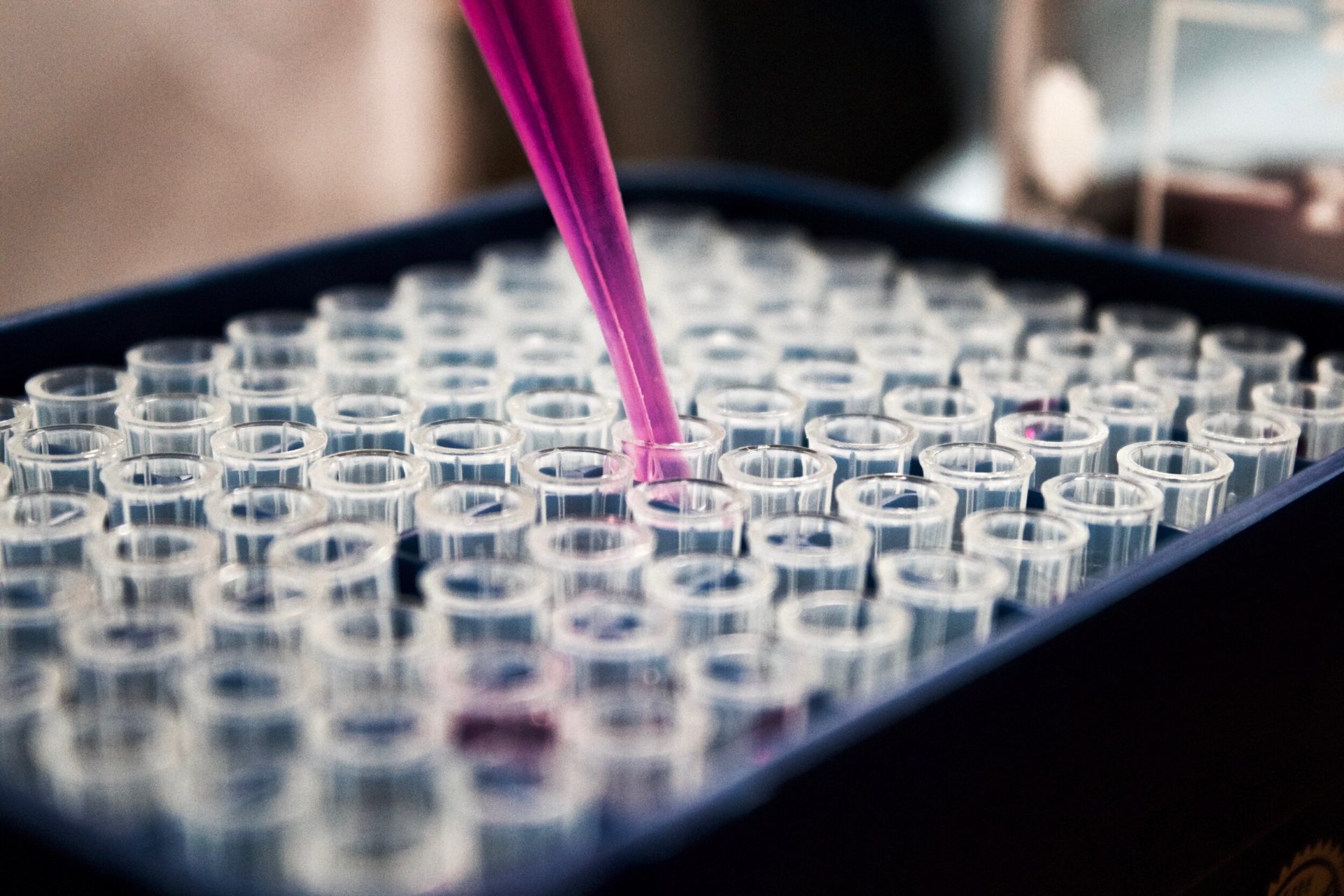
Question: “How did a novel bat coronavirus get to a major metropolis of 11 million people in central China, in the dead of winter – when most bats were hibernating – and turn a market where bats weren’t sold – into the epicenter of an outbreak?”
When asked that way, the lab-leak theory of the origin COVID-19 sounds quite plausible.
A newly-released investigative piece in Vanity Fair raises that question and much more. This analysis has accelerated a conversation long overdue. It tells the story of how a loose network of sleuths of varying scientific expertise spread around the globe undertook the examination of a theory of COVID-19’s origin that was initially discounted by those whose job it was to figure it out. Together they form a group called ‘drastic’ – decentralized radical autonomous search team investigating COVID-19.
One founder was a data scientist who works for a bank in New Zealand, whose Asperger’s syndrome gives him the professional advantage in finding patterns in data. But while he was building a plausible case for lab leak, more than two dozen scientists released a statement in a respected medical journal, saying: “We stand together to strongly condemn conspiracy theories suggesting that covid-19 does not have a natural origin.”
To be sure, there were crackpots and political hacks who were hoping to pin the origin on a Wuhan lab in the hope of gaining a cudgel on China and a boost to then-President trump. After all, Trump said early on that he had seen classified information indicating that the virus had come from the Wuhan Institute of Virology. Asked what the evidence was, he said, “I can’t tell you that. I’m not allowed to tell you that.”
But the question now is whether people in government and the scientific community – fearful of being drawn into the national political debate or of being cast as nativist – did not pursue the theory that was worthy of exploration?
Vanity Fair conducted a months-long investigation, interviewed more than 40 people, and reviewed hundreds of pages of government documents. They found that:
“Conflicts of interest, stemming in part from large government grants supporting controversial virology research, hampered the U.S. Investigation into COVID-19’s origin at every step. In one state department meeting, officials seeking to demand transparency from the Chinese government say they were explicitly told by colleagues not to explore the Wuhan Institute of Virology’s gain-of-function research, because it would bring unwelcome attention to U.S. Government funding of it.”
In the summer of 2020, when State Department leads had gone cold, they got a tip from a foreign source, saying, “key information was likely sitting in the U.S. Intelligence community’s own files, unanalyzed.” In November, that lead turned up classified information that was “absolutely arresting and shocking,” said a former state department official.
Three researchers at the Wuhan Institute of Virology, all connected with gain-of-function research on coronaviruses, had fallen ill in November 2019 and appeared to have visited the hospital with symptoms similar to COVID-19, three government officials told Vanity Fair.
The reaction inside the state department was, “holy shit,” one former senior official recalled. “We should probably tell our bosses.” the investigation roared back to life.
And remember the guy with Aspergers? Well in January of 2021, there was an international fact-finding visit to Wuhan. A dozen international experts visited arrived and were told that the lab’s database of some 22,000 virus samples had been taken off-line to prevent a hack during the pandemic.
Which seemed to make sense. Except the ad-hoc investigators at “drastic” figured out that the database was actually taken off-line on September 12, 2019, three months before the official start of the pandemic!
Here’s my takeaway: First that the lab leak theory is plausible, second, that politics and bureaucratic turf wars hampered the full exploration of the lab leak theory.
My ongoing concern is the damage this is going to do to public confidence in our institutions at a moment when we can least afford further erosion. If the lab leak theory was erroneously discounted, it will fuel speculation about the role of authority in other exercises – like elections.
Just the sort of thinking that led to the events of January 6 and is being used to imperil democracy all across the country. Suddenly the phony Arizona audit will be harder to discount.
And science will suffer. Look no further than climate change.
I can hear the skepticism already: How do we really know it is man-made? They told us the virus came from a bat at a wet market.
The criticism of climate science has long been that it was research-money-driven. The Vanity Fair piece similarly highlights the role of money, some American, in the Wuhan lab, and raises questions about the solidarity of the “gain of function” research community.
And this too must be said.
With further revelations about the early discounting of the lab-leak theory, the media too will suffer a loss of credibility, for its lack of independent investigation.
The Vanity Fair report doesn’t conclude as to whether the covid virus began naturally or in a lab leak. But it convinced me that politics mattered and thwarted the leak investigation.
One ramification of this analysis is bad news for our institutions. It will further distrust in science and even democracy – when we can least afford it.

Michael Smerconish
Using the perfect blend of analysis and humor, Michael Smerconish delivers engaging, thought-provoking, and balanced dialogue on today’s political arena and the long-term implications of the polarization in politics. In addition to his acclaimed work as nationally syndicated Sirius XM Radio talk show host, newspaper columnist, and New York Times best-selling author, Michael Smerconish hosts CNN’s Smerconish, which airs live on Saturday at 9:00 am ET






